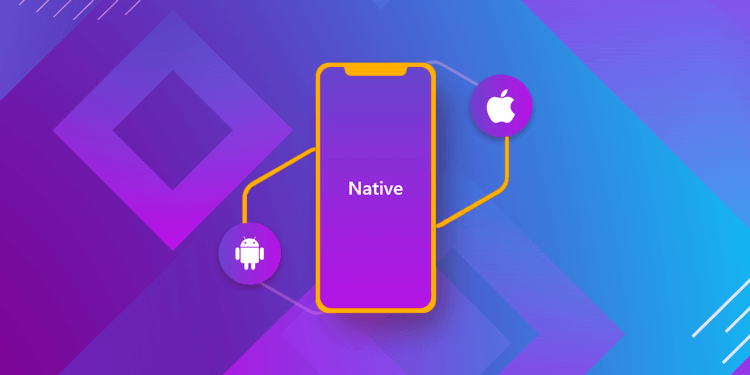Countless mobile applications for various platforms are now visible on major online play stores.
The vast majority of the worldwide people now have accessibility to smartphones and mobile apps, yet they are unconcerned about the technology utilized to create these apps. They are more interested in how the software will improve their lives.
They are concerned about the app’s efficiency and responsiveness while in use. Users are frequently drawn in by a mobile app’s feature set.
This post will delve deeper into Native Mobile App Development and the advantages of using this development method.
What is Native Application Development?
Native app development is the process of creating mobile applications that are specific to a single platform. Native apps have been created using platform-specific methodologies and programming languages.
For instance, if you want to create an iOS app, you may use Swift and Objective C, whereas Kotlin and Java are for Android apps.
For a variety of reasons, native mobile apps are preferable. Primarily for enhanced user experience and app speed.
Native techniques provide you more flexibility over the app’s UI/UX, making them more appealing for creating beautiful mobile applications. There are a lot of other native app development characteristics that make these the best choice when developing a mobile app.
You might be thinking about the benefits that a native app offers? Here you go.
Native Application Development: Benefits
Native mobile apps have various advantages. Let’s go through some of the most important ones to see what makes native app development unique and superior.
Let’s get started.
Improved Scalability Options
Native mobile apps provide more scaling choices.
Whether you have iOS or Android, the fundamental structure makes it relatively simple to add new features.
The tools and resource management choices enable greater flexibility in native programs. Although it is dependent on the quality of the code, native platforms are often more accommodating when adding new features.
Superior Support
There is no competition when it comes to technical assistance. Native apps have been around for more than a decade, and there is a lot of online help available.
Furthermore, when a native application is launched online, it receives more support and typically scores higher.
This is due to the application’s efficiency and functionality set.
Increased Functionality
The cornerstone of any software is its functionality.
The same is true for any native app development process. Native technologies and platforms typically provide greater functionality and control than others.
The possibilities are endless, and the native framework makes it simple to create beautiful, useful software.
Easy to Fix Bugs
It is much easier to address glitches when developing native mobile apps.
For instance, when designing a cross-platform mobile application, addressing bugs and fixing issues is significantly more complex than on native platforms.
This is because you must consider the interface and execution on multiple platforms.
However, this is not the case with native app development. Native technology provides developers with more control. Furthermore, the tools, methodologies, and stability of native platforms make it simple to resolve any issues arising.
The native app development architecture makes it easier for everyone to assure high-quality apps, whether you hire a developer or an experienced native mobile app development company.
Conclusion
Native mobile app development enables access to channels that would otherwise be inaccessible.
It may greatly benefit app owners and organizations by increasing the entire experience of the app, increasing profits, and establishing or improving the brand’s visibility or image.
A well-designed native mobile app can facilitate a company to expand beyond its boundaries and exceed its goals.
